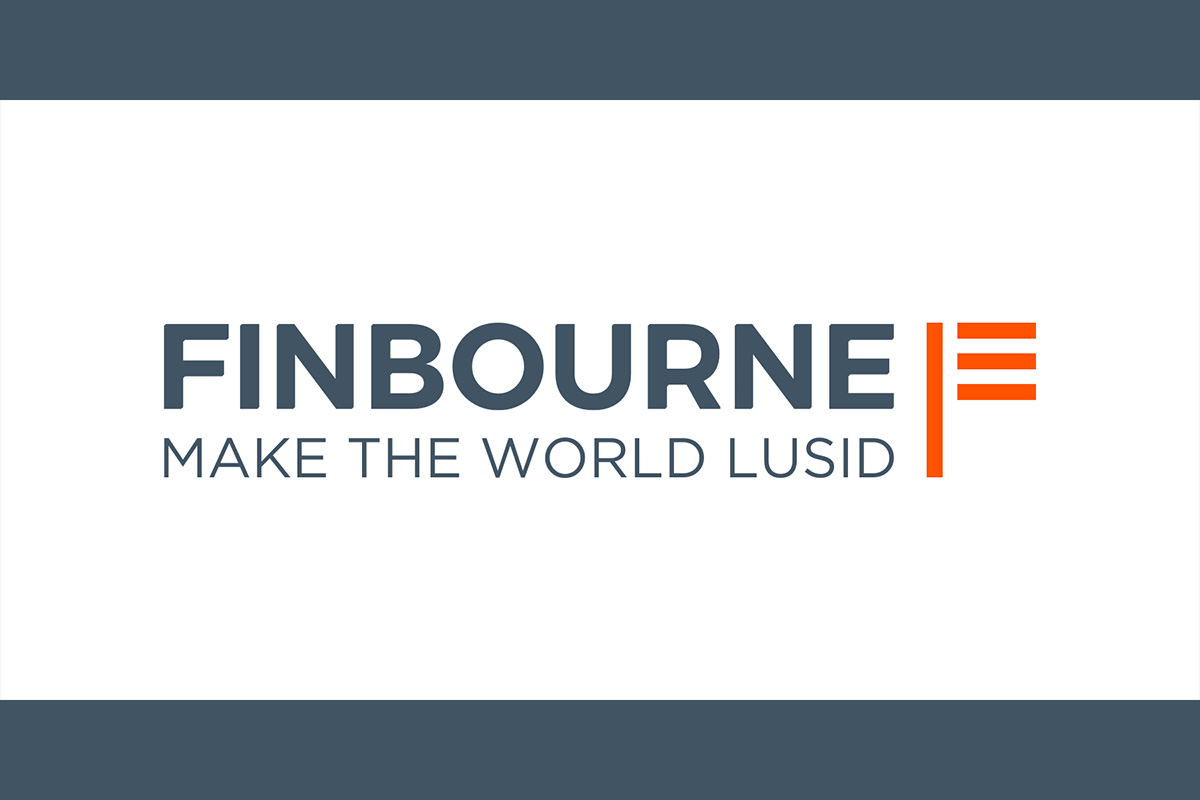Reading Time: 5 minutes
Over the years, poker has moved from once dim backrooms of dull backstreets to high‑stakes online arenas, and every step of the way, it was propelled by innovation. Today, it comes in the shape of blockchain technology with decentralised ledgers, unique NFT assets, and crypto wallets that allow for frictionless and borderless payments. These are more than fashion or flashy new tech, these novelties reshape the whole iGaming industry and fundamentally change how platforms monetise, how players engage, and how trust is built in online poker.
At EvenBet Gaming, we keep our ear to the ground and add blockchain‑ready features to our platform. In the following sections, we’ll explore traditional monetisation, introduce EvenBet’s enhanced toolkit, unpack the tech behind blockchain and NFTs, and examine the security, benefits and challenges operators face in this new era.
Traditional Poker Monetisation Models
We have already delved into the traditional poker monetisation streams in some of our previous articles, but let us recap. Online poker platforms have historically relied on a handful of core revenue streams:
- Rake: a small percentage (typically 2–5 %) taken from each pot, it forms the main share of operator income.
- Entry fees: tournament buy‑ins charged to participants, part of the fee is allocated to prizes and part to the house.
- Freemium models: the core gameplay is free with additional paid chips, cosmetic items, or power‑ups.
- In‑game purchases: sale of virtual goods — avatars, card backs, table themes — via traditional payment gateways.
- Ads and sponsorships: brand partnerships and in‑client advertising generate additional income.
While reliable, these methods depend on centralised control, fee structures, and limited player ownership. EvenBet’s research shows that poker clubs where players purchase in‑app chips via a virtual store have grown rapidly in markets where real‑money poker is restricted (in Asia, for example). In club models, app owners set purchase prices and incentives, while club and union owners manage tournaments and liquidity — this illustrates the power of microtransactions in generating revenue.
EvenBet’s Enhanced Monetization Offering
EvenBet Gaming offers more than traditional monetisation models, but fresh integrated features designed to boost ARPU and engagement across both real‑money and social poker formats.
In‑Store Feature
Our In‑Store offers bundles (Play Money chips, Time Bank top‑ups, VIP Card upgrades) that generate an ongoing microtransaction revenue stream alongside the traditional rake. The store, rolled out for free‑to‑play environments, also unlocks casual boosters to monetise play‑money sessions and encourage demo‑to‑real‑money conversion.
Soft Gaming Options
Soft gaming titles like slots, lotteries, or bingo keep players engaged between hands. These casual games monetise through timed bonuses, in‑game purchases, and promotional bundles, thus extending session length and spend in non‑real‑money modes.
Cross‑Vertical Upsells
Operators can diversify revenues by cross‑selling casino games and sports betting to poker users within the same client. Such a cross‑vertical strategy increases wallet share and overall ARPU because it allows for capturing spend across several iGaming verticals.
Clubs Feature
Earn via chip‑commission models (~30 %) and upsells like custom emoji packs or stats bundles. Platform owners set the prices for in-app chip bundles, VIP cards, and optional features (e.g., Rabbit Hunting, advanced statistics). All revenue from these sales flows directly to the platform, allowing operators to optimize pricing and promotions for their community.
Dealer Tips
Our Dealer Tips feature replicates real‑casino etiquette, and players can now tip the virtual dealer. This microtransaction heightens immersion (particularly in tipping cultures) and also unlocks another revenue stream.
Blockchain, NFTs, and Crypto Wallets in iGaming
Blockchain is a decentralised ledger that records transactions across distributed nodes. This guarantees that the data is immutable and transparent. Key benefits for poker operators include provably fair gaming (because players can audit RNG and shuffle algorithms to verify fairness), immutable records (tamper‑proof logs of bets and game actions allow for better dispute resolution), and secure funds (because irreversible transactions reduce the likelihood of fraud).
Non‑Fungible Tokens (NFTs) are unique on‑chain assets representing, and in poker, they can represent anything from avatars to tournament tickets. EvenBet’s platform supports NFT avatars, table‑income sharing, and tournament segmentation via NFT ownership. This, in turn, opens the way for:
- Secondary markets: players trade NFTs outside the poker platform, creating ongoing royalty streams for operators.
- True ownership: verifiable asset provenance and scarcity, which is in the very nature of an NFT, increase perceived value.
- Cross‑platform utility: an NFT can be used across multiple games and platforms.
Integrating crypto wallets into a poker platform gives players self‑custody of funds and assets. Crypto, which is becoming increasingly popular among players, allows for near‑instantaneous peer‑to‑peer deposits or withdrawals, more privacy thanks to its anonymity, and a seamless user experience thanks to removing reliance on third‑party payment processors. Making the most of this tech, EvenBet’s Crypto Poker integrates 140+ cryptocurrencies and multiple processors, enabling instant, low‑fee deposits and withdrawals. This attracts privacy‑focused and crypto‑native audiences, opening fresh monetisation channels.
New Monetisation Models Emerging from Blockchain Technology
Blockchain technology has unlocked several new ways of monetising an online poker platform, while offering transparency and security for players and operators who benefit from distributed ledgers and decentralised payments.
Play-to-earn dynamics: players can now earn cryptocurrency or NFTs simply by participating in games or tournaments. This turns traditional gameplay into a game of achievements with real-world value. The rewards often come in the form of token incentives or collectible assets, which can be traded on open marketplaces for profit.
NFT-driven marketplaces: non-fungible tokens are unique in-game items such as custom card designs, avatars, or VIP passes that players can buy, sell, or even auction both on the poker platform and outside. Limited-edition NFT collectibles introduce the idea of scarcity, which drives more demand, as well as brings more profit for the operator (both as an initial sale and in the form of royalties when resold).
DeFi and token staking: decentralised finance (DeFi) mechanisms allow poker platforms to incorporate staking models, where players lock tokens into smart contracts in exchange for passive returns or exclusive tournament entries. This provides operators with profits from protocol fees and also promotes long-term engagement because stakers earn rewards proportional to their commitment.
Decentralised poker ecosystems: smart-contract-driven poker platforms remove intermediaries and allow for peer-to-peer wagering and trustless game enforcement. Transaction fees collected on each hand and staking become key monetisation drivers in this new setting.
Security and transaction efficiency: crypto wallets integrated into poker clients make room for near-instant deposits and withdrawals with minimal fees. This leaves traditional payment methods far behind, as crypto reduces operational costs for both operators and players. Moreover, immutable blockchain records ensure provably fair shuffles and transparent gameplay, which is always good for trust.
Enhanced loyalty and ownership: blockchain tokens and NFTs can become the new backbone of poker loyalty programmes. They grant holders governance rights (voting on tournament formats or prize structures) and exclusive access to VIP events. This on-chain loyalty deepens community engagement, as players feel a tangible stake in the platform’s success.
Final Thoughts
The poker store of tomorrow isn’t just a menu of chips or avatars — it’s a tokenised marketplace, a community‑driven ecosystem, and a player‑owned economy. The new technology, such as blockchain, NFTs, and crypto wallets, is already shaping the new online poker reality. They are not a flashy new feature to attract the more tech-savvy players, but the new benchmark of the industry. These technologies bring about more transparency and security, alongside low‑fee payments and real asset ownership, all opening more revenue streams for poker platform operators. EvenBet Gaming’s modernised monetisation features, including the In‑Store Feature, Clubs, cross‑vertical upsells, Dealer Tips, and Crypto Poker — equip operators to capitalise on these trends.
The post The Impact of Technology on Poker Store Monetisation: From Blockchain to NFT appeared first on European Gaming Industry News.
















Got a Questions?
Find us on Socials or Contact us and we’ll get back to you as soon as possible.